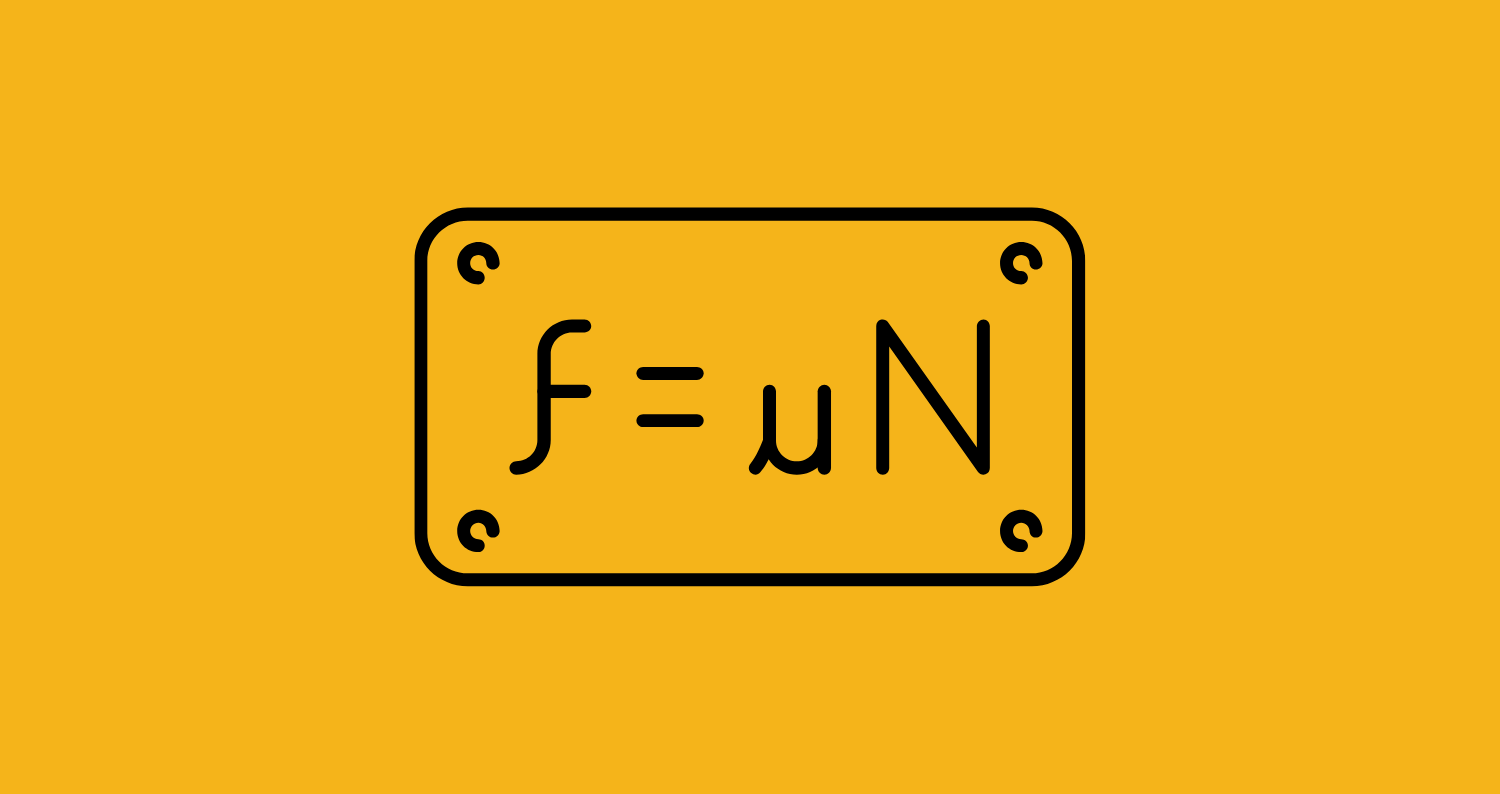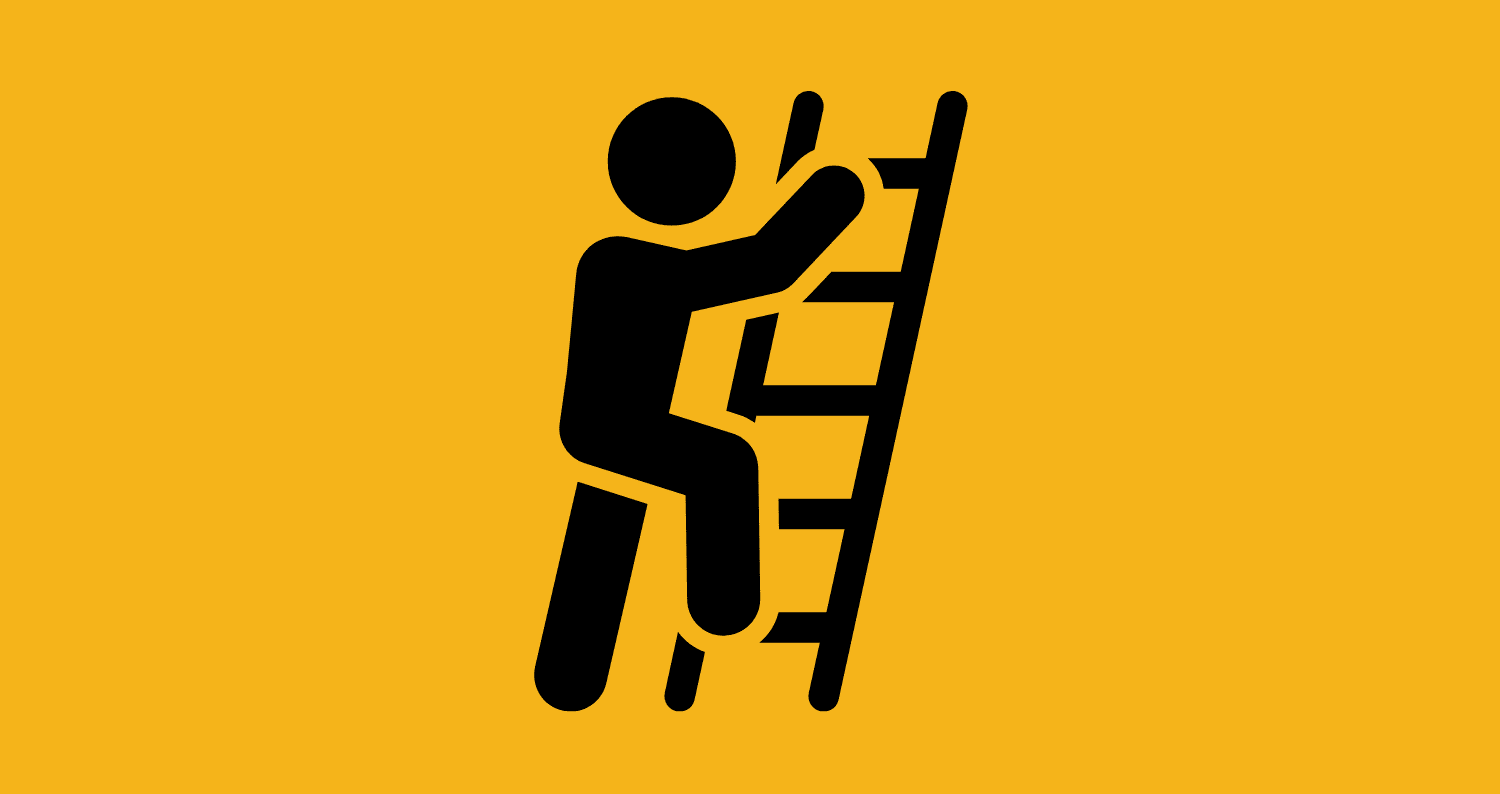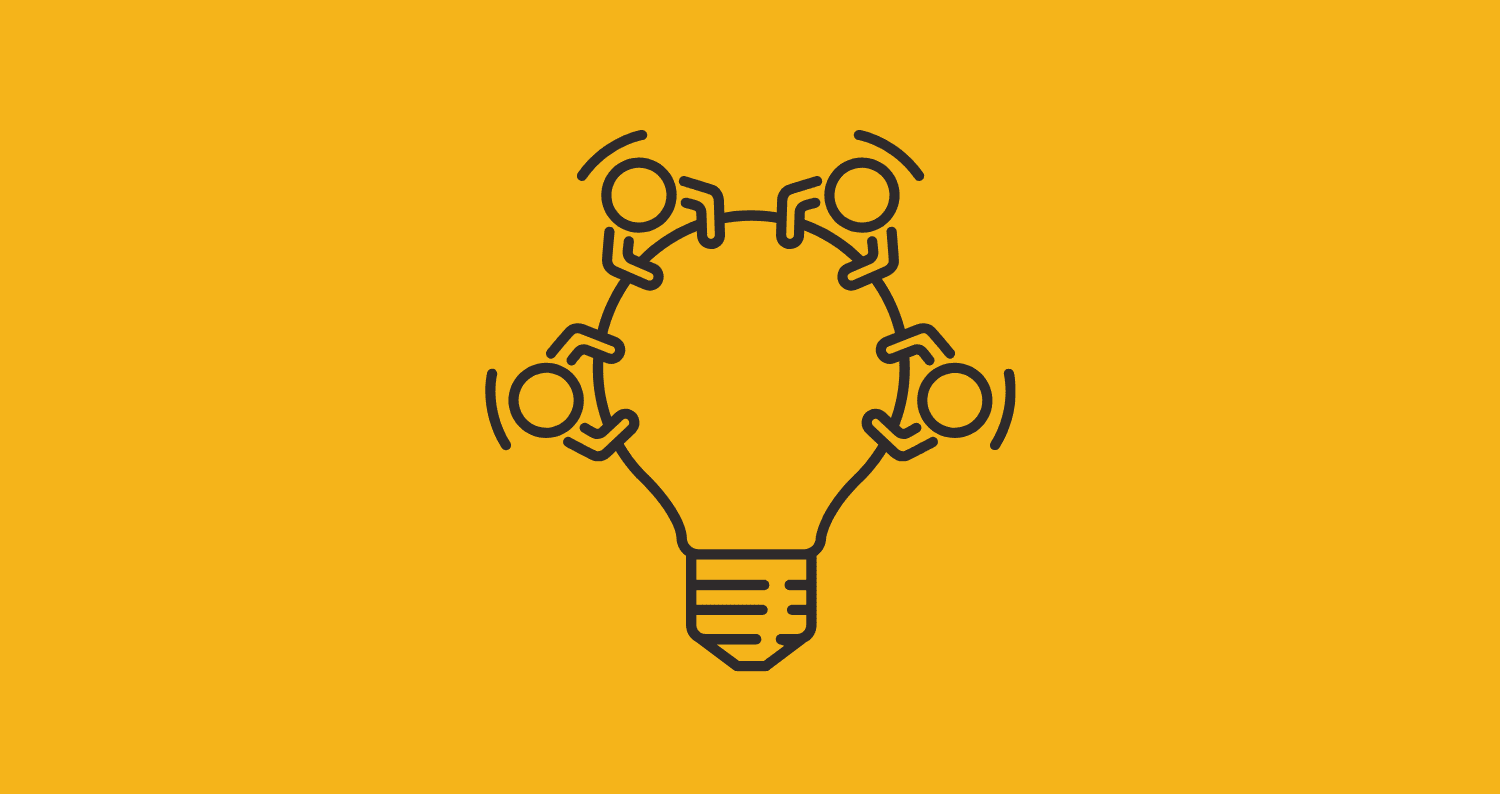
Understanding our resistance to change.
Have you ever found yourself stuck in the perpetual loop of planning to start something but never quite taking that first step? You’re not alone. I’ve spent countless hours analyzing this phenomenon through my personal experiences and conversations with others who share this struggle.
The friction between intention and action is a fascinating psychological puzzle that affects many of us, often in ways we don’t fully understand.
The weight of inertia
Newton’s first law of motion applies surprisingly well to human behavior: objects at rest tend to stay at rest. Our minds are remarkably adept at maintaining the status quo, even when we desperately want change. This isn’t just laziness or lack of motivation; it’s a complex interplay of psychological forces that have evolved over millennia.
The comfort of inaction is deceptive. It feels safe and predictable and requires no immediate energy expenditure. Yet this same comfort slowly erodes our confidence and reinforces the very barriers we need to overcome. Each day of inaction adds another brick to the wall of resistance we’ll eventually need to climb.
The Hidden Psychological Barriers
What’s particularly fascinating is how our minds create sophisticated defence mechanisms disguised as rational thinking. We tell ourselves we need more preparation, more research, more resources. These aren’t lies – they’re sincere beliefs born from our brain’s primary directive: keep us safe from harm.
But what harm are we avoiding? Often, it’s not physical danger but emotional risk. The fear of failure, judgment, or even success can paralyze us.
Our psychological barriers are like invisible force fields, powered by past disappointments, childhood messages about our capabilities, and societal pressures we’ve internalized.
Unpacking our emotional baggage
We all carry emotional baggage that influences our ability to take action. Some of us bear the weight of past failures, while others struggle with impostor syndrome or perfectionism. These aren’t just abstract concepts – they’re deeply personal narratives that shape our behavior.
What’s particularly insidious is how this baggage often masquerades as wisdom. “I tried something similar before and failed” becomes “I’m protecting myself from making the same mistake.” But are we protecting ourselves, or are we just maintaining a comfortable narrative that keeps us stuck?
The paradox of fear
Fear of action is perhaps the most paradoxical of our psychological barriers. We fear failure, yet inaction is often the surest path to it. We fear judgment yet rarely consider how we judge ourselves for not taking action. We fear the unknown, forgetting that every meaningful achievement in our lives once resided in that same territory of uncertainty.
What makes this fear so powerful is its ability to feel rational. It presents itself as prudence, as careful consideration, as wise hesitation. But when we examine it closely, we often find that our fear of action is fear of life itself – fear of living fully, of experiencing both success and failure, of being truly seen.
The impatience trap
Instant gratification and impatience have become significant barriers to meaningful action. We want immediate results, forgetting that most worthwhile achievements require time and persistence. This impatience creates a peculiar form of paralysis: if we can’t see the entire path to success, we hesitate to take even the first step.
The irony is that this desire for immediate results often leads to prolonged inaction.
We spend more time looking for shortcuts than we would have spent simply starting the journey. Our impatience makes us poor judges of time – we overestimate what we can achieve in a day and underestimate what we can achieve in a year.
The overlooked value of unexpected learning
One of the most overlooked aspects of taking action is the value of unexpected learning. We often plan our actions based on anticipated outcomes, but the most valuable lessons usually come from unforeseen experiences.
Our resistance to action sometimes stems from an unconscious fear of these unexpected learnings – they challenge our existing beliefs and force us to adapt.
Yet, these unexpected lessons are often the most valuable part of any journey. They shape not just our skills but also our understanding of ourselves and the world. By resisting action, we’re not just avoiding potential failure – we’re avoiding potential growth.
Embracing course corrections
Perhaps the most challenging aspect of taking action is accepting that our direction might change as we learn and grow. We often see this as a form of failure rather than what it is: evidence of growth and adaptation. This rigid thinking becomes another barrier to action – if we can’t be certain of our path, we hesitate to begin.
The solution lies in reframing how we view direction changes. They’re not detours from our path; they are our path. Every successful journey involves countless micro-adjustments based on new information and circumstances.
Moving forward
Understanding these barriers is the first step in overcoming them. The key is not to eliminate fear or uncertainty – that’s neither possible nor desirable. Instead, we need to learn to act alongside these feelings, recognizing them as natural companions on any meaningful journey.
Start small. Each action, no matter how minor, helps break down the psychological barriers we’ve built. Celebrate these small steps, knowing that they’re slowly but surely changing your relationship with action and uncertainty.
Remember, the friction of taking action never completely disappears – and that’s okay. What changes is our relationship with it, our understanding of its role in our growth, and our ability to move forward despite its presence.
Key Takeaways
- Your fear of failure is far less costly than your regret of never trying.
- Every meaningful achievement in your life began as an uncertain first step.
- Perfect timing is a myth; the best time to start is while you’re afraid.
- Course corrections aren’t detours from your path – they are your path.
What next?
The Action-Taker’s Playbook: From Paralysis To Progress.
This playbook is designed to guide you from a state of fear-induced paralysis to meaningful action. Each step builds upon the previous one, creating momentum while addressing the psychological barriers that typically hold us back.
continue reading
More Playbooks...
Discover what is the ladder of accountability and how to use it as a powerful framework for developing your team.
Discover 7 common accountability scenarios that undermine team performance and learn practical conversation frameworks to address each one.
Discover how an accountability coaching program transforms team performance without adding pressure, time, or headcount.




